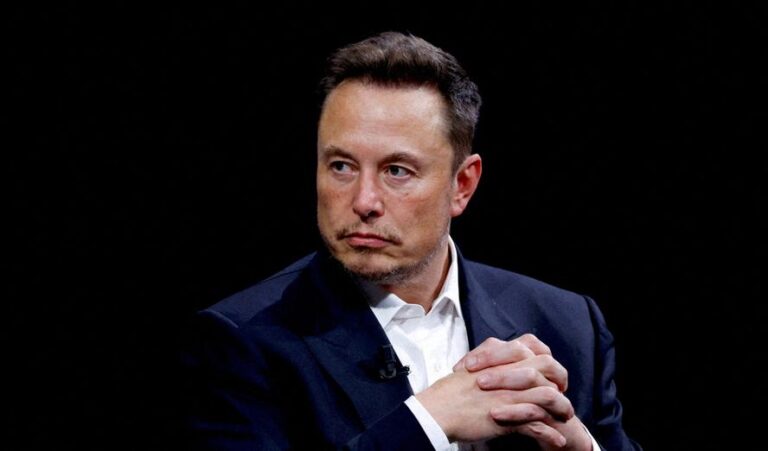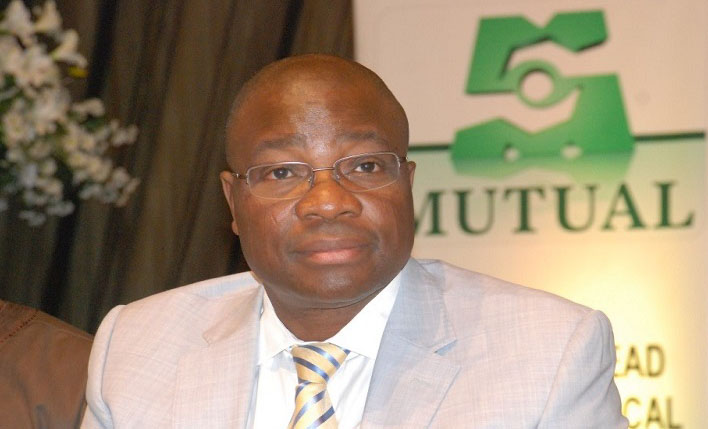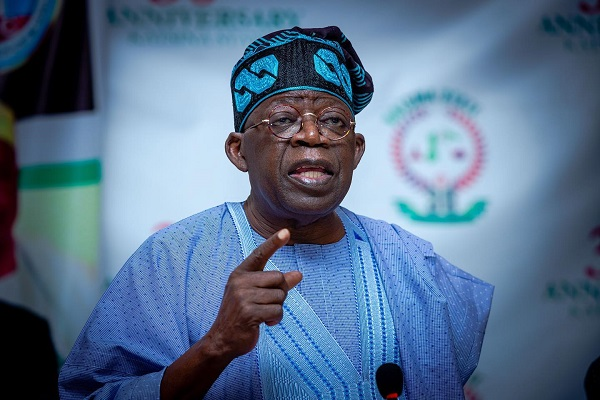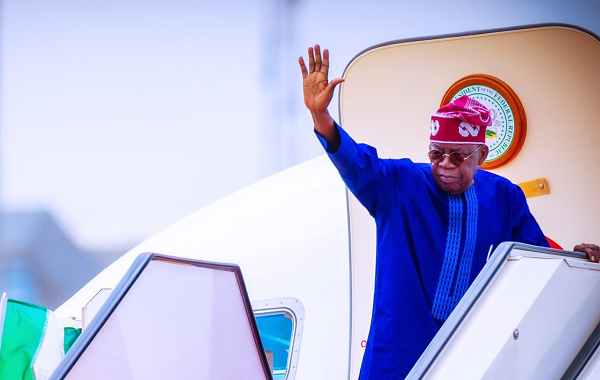A Delaware court has ruled against reinstating Tesla CEO Elon Musk’s record-breaking $56 billion (£47 billion) pay package, despite approval from shareholders and directors earlier this year. The decision, issued by Judge Kathaleen McCormick, follows months of legal disputes.
Judge McCormick reaffirmed her January ruling, stating that Tesla’s board members were overly influenced by Musk when approving the pay package in 2018. She argued that Tesla failed to prove the compensation was fair.
In response, Musk criticized the decision on his social media platform X, writing, “Shareholders should control company votes, not judges.” Tesla announced plans to appeal, calling the ruling “wrong.”
“This ruling, if not overturned, means that judges and plaintiffs’ lawyers run Delaware companies rather than their rightful owners, the shareholders,” Tesla said in a statement on X.
Judge McCormick noted that the 2018 pay package, which would have been the largest ever for a CEO of a publicly traded company, was not justifiable. While a shareholder vote approved the compensation by a 75% majority in June, the judge argued the vote could not retroactively validate the package.
“Even if a stockholder vote could have a ratifying effect, it could not do so here,” she wrote.
The shareholder who filed the lawsuit against Musk and Tesla was awarded $345 million in legal fees but not the $5.6 billion in Tesla shares they had sought.
The case has significant implications for corporate governance and conflict of interest laws in Delaware. Charles Elson, a governance expert at the University of Delaware, commended Judge McCormick’s reasoning, stating, “The idea of conflict rules is to protect all investors, not just minority investors.”
Elson highlighted key concerns in the case: “You had a board that wasn’t independent, a process dominated by the chief executive, and a package that was way out of any sort of reasonable bounds. It’s quite a combo.”
Observers speculate Tesla may attempt to reconstitute a similar pay package in Texas, where the company moved its legal base earlier this year. For now, the ruling marks a major setback for Musk and raises questions about the accountability of corporate boards in high-profile compensation decisions.



























